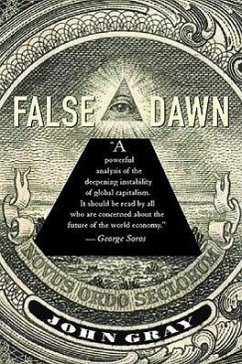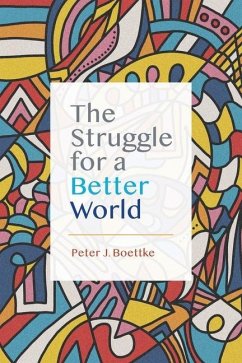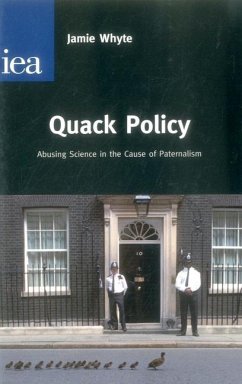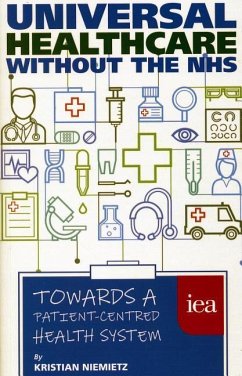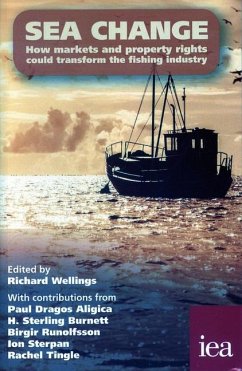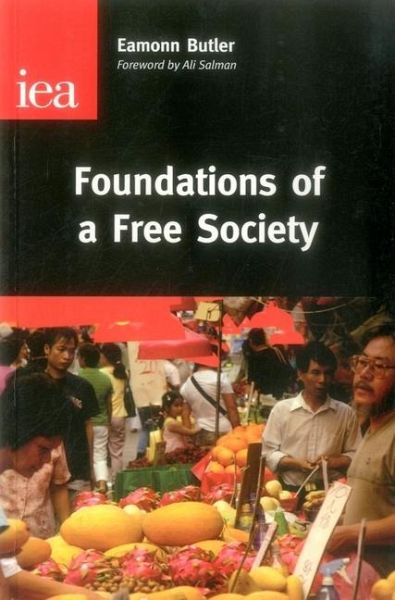
Foundations of a Free Society
Versandkostenfrei!
Versandfertig in über 4 Wochen
15,99 €
inkl. MwSt.

PAYBACK Punkte
8 °P sammeln!
This important book outlines the core principles that define a free society. It provides an accessible introduction to the institutions and policies necessary to preserve and enhance individual freedom. The author also sets out the wider benefits of free societies. A combination of small government, the rule of law, strong private property rights and free trade enables entrepreneurship to thrive, delivering large improvements in living standards and lifting people out of poverty. Furthermore, a society based on ordered liberty allows free associations and networks of cooperation to develop tha...
This important book outlines the core principles that define a free society. It provides an accessible introduction to the institutions and policies necessary to preserve and enhance individual freedom. The author also sets out the wider benefits of free societies. A combination of small government, the rule of law, strong private property rights and free trade enables entrepreneurship to thrive, delivering large improvements in living standards and lifting people out of poverty. Furthermore, a society based on ordered liberty allows free associations and networks of cooperation to develop that deliver wider social as well as economic benefits. Attempts to expand the role of government to promote equality or security at the expense of liberty have tended to end in failure and oppression. With its clear language, concise arguments and persuasive real-world examples, this primer is essential reading for those attempting to bring freedom to countries where the foundations of a free society are absent, and for those defending liberty in places where traditional freedoms are under threat.



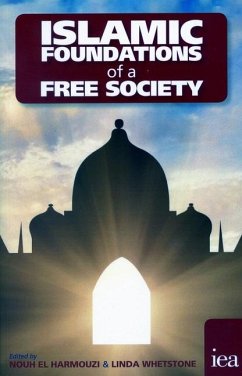
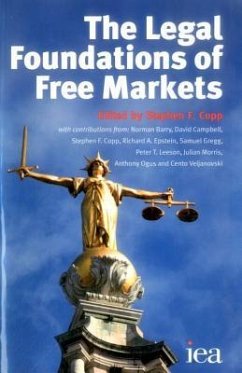
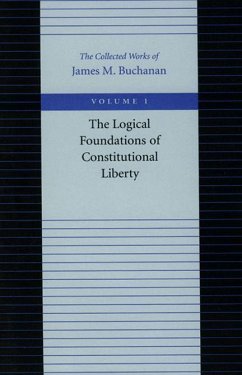
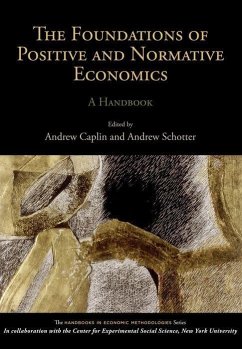
![The Foundations of Nationality [microform]: a Discourse Preached in the Unitarian Church, Montreal, on the Sunday After the Great Railway Celebration, Cover The Foundations of Nationality [microform]: a Discourse Preached in the Unitarian Church, Montreal, on the Sunday After the Great Railway Celebration,](https://bilder.buecher.de/produkte/66/66142/66142204n.jpg)
